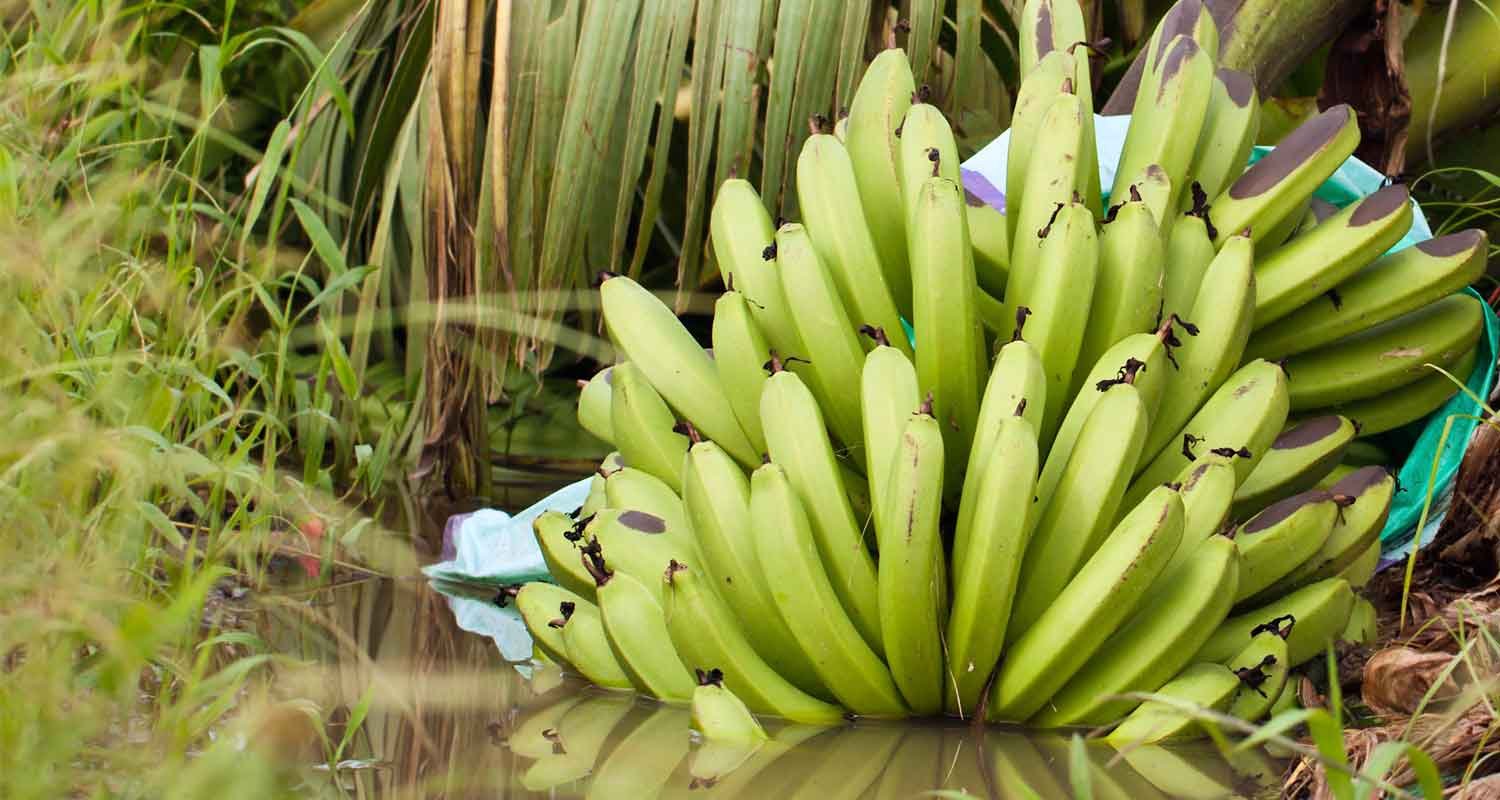
Natural Disaster & Support Resources
Farm Strong: Your disaster planning & recovery toolkit
Queensland’s severe weather season can bring everything from heatwaves and bushfires to floods and cyclones. Planning ahead is essential for protecting your farm, your family, and your team.
QFVG’s new Farm Strong: Your disaster planning & recovery toolkit is specifically designed for horticultural growers and farm workers. It provides practical guidance on:
Preparing your property, crops, and equipment
Keeping staff safe and informed
Documenting key assets and actions for insurance and recovery
Prioritising tasks during the critical days after a disaster
The toolkit makes disaster planning and recovery clear and actionable – so when extreme weather strikes, you can respond with confidence.
Download your copy now and start charting your farm’s course through any potential weather event.
-
If you experience any damage or loss to your property from any natural disaster event, we encourage you to fill out the Queensland DPI Agriculture Disaster Impact Survey, to help decision-makers in understanding the impacts.
DPI rely on data collected by industry and local government to activate disaster assistance. The information captured via this survey supports the DPI in processing applications for assistance efficiently, to support recovery.
Please remember to:
Take date-stamped photographs and include these in the Impact Survey
Select 'Growcom' as your industry group, when submitting your form to allow us to view your information and assist further.
-
This toolkit include a list of emergency contacts, an emergency kit checklist, a Climate Risk Assessment Template and much more to help you be prepared whatever the weather.
-
• Police, Fire, Ambulance - Triple Zero (000)
• SES - 132 500
• Ergon Energy - 13 19 62
• Road traffic and travel information - 13 19 40
• Queensland Fire & Emergency Services
-
To get back to business sooner, use these 4 stages to help your business manage a natural disaster:
prevent and prepare
respond
recover
communicate
Find out more about cyclone and storm surge preparation for primary producers.
-
Primary producers in eligible local government areas may be able to access:
Financial support – administered through the Queensland Rural & Industry Development Authority (QRIDA) this can include:
Disaster Assistance Loans (up to $250,000)
Disaster Assistance (Essential Working Capital) Loans (up to $100,000)
Extraordinary Disaster Assistance Grants.
Before submitting any application, please refer to the Application tips for primary production businesses document produced by QRIDA.
Freight subsidies – funding to help with moving livestock, fodder and building equipment.
Emergency hardship assistance - $180 per person, up to $900 for a family of 5 or more, to help purchase food, clothing and medical supplies or secure temporary accommodation.
Essential services hardship assistance grant - $150 per person, up to $750 for a family of 5 or more, to assist with your immediate essential needs following loss of essential service/s at your home for more than 5 consecutive days.
Essential household contents grant - Uninsured, low income earners may receive up to $1,765 for single adults and up to $5,300 for couples or families to help with repairing or replacing essential household contents, such as beds, linen and whitegoods, that have been damaged or lost in a disaster.
Structural assistance grant - Uninsured, low income, owner-occupiers may receive up to a maximum of $50,000 to help repair your home to make it safe, secure and habitable.
Essential services safety and reconnection grant - The Essential Services Safety and Reconnection Scheme (ESSRS) grant helps people who are uninsured, or unable to claim insurance, and who meet an income test, by providing a contribution towards inspecting, repairing and reconnecting essential services (i.e. electricity, gas, water or sewerage) that were damaged by a disaster.
If you have suffered significant damage as a result of a natural disaster but you aren't in the activation area, you can apply for the individual disaster stricken property (IDSP) declaration.
-
The Fair Work Ombudsman has provided the following information on employment entitlements during a natural disaster or emergencies.
Employment entitlements during natural disasters and emergencies
-
It's important for employers and workers to be prepared for the threat of a natural disaster. This page has important health and safety information about what to do before, during and after a natural disaster strikes.
-
The Queensland Government has provided the following resources to support agricultural industries to recover after flooding and high rainfall.
-
Learn how to meet your general biosecurity obligation to prevent spread of pests and diseases after a natural disaster.

